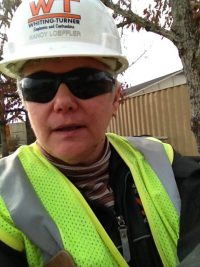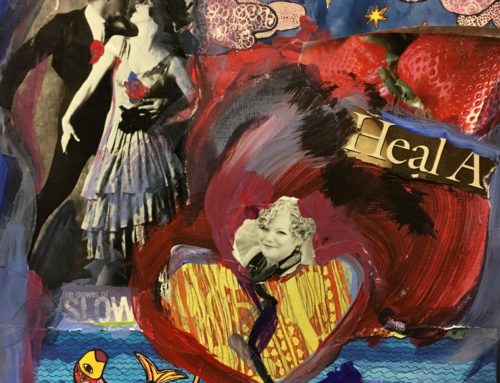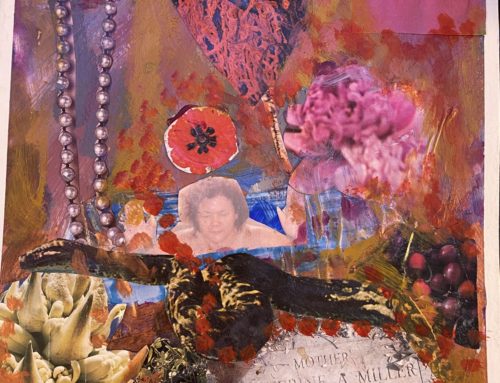On November 8, 2000 my world changed forever. That was the day that my 17 year old daughter Leah died. My life was shattered. I had no idea how I was going to go on living without Leah’s presence in my day-to-day life. I wanted to completely isolate myself. I couldn’t get out of bed in the morning. I tried to eat enough chocolate chip cookies to numb my feelings. I couldn’t sleep because that meant waking u to remember, yet again, that she had died.
At the time I was working in a job I loved, one that allowed me to use my planning skills and my resourcefulness to accomplish sometimes seemingly impossible projects. I was a project manager for a Contracting Company. I returned to that job about a month after Leah died. I couldn’t concentrate. I found myself staring off into space often. My coworkers were hoping that having something to focus my attention on would help me heal. That didn’t work, and I found out later why. Keeping busy is a myth of grief. If I kept busy and didn’t allow my feelings out, I would stay in that place of pain and isolation.
Around this time I received this message,
“Losing Leah is too high a price to pay to not live the life you were meant to live.”
Those words knocked the wind out of me further. I felt like I had been dropped in a new country without knowing the language or customs, and now I was being asked to inspire the residents of that country to save it from impending doom. How was I going to do that?
Up until that time my feelings had been overwhelming, intense, painful, and unrelenting. Even with the diversions I felt like I was never going to find a way out of the deep pool of grief I was in. I knew I would have to find a way to do something with those feelings. I discovered that rather than doing something with the feelings, or trying to control them; that I needed to feel them. Because they felt SO overwhelming and intense, I thought if I felt them that I would be completely destroyed. As I began to find ways to express my feelings in a safe place, I was able to concentrate more at my job. I didn’t feel as spacey. Make no mistake, the feelings were still strong, as still are sometimes today. I was beginning to find resources to meet those feelings. I was beginning to learn the new language and adapt to the customs of the new territory I in which I found myself.
As I traveled deeper into that territory I discovered that grief is a life long journey. We may name it as grief when we lose a loved one like I did; however we experience grief anytime we go through a life changing experience. Loss of a job, a relationship, major lifestyle changes, loss of a pet, or any time our lives don’t go the way we want them to, we experience grief.
In 2019 The Grief Recovery Institute reported that unresolved grief has a hugeimpact on the workplace.
The hidden costs of unresolved grief exceeds $116 billion!
The looked at a wide spectrum of losses, such as those I mentioned above, and at three (3) major categories, poor decision-making, lack of concentration, and safety.
When I saw those statistics I was startled. When I first went back to work after Leah died, I certainly could have made poor decisions, and I wouldn’t have even known it. I’ve already talked about my lack of concentration. Safety is always important, and in the field I was in, safety is first and foremost every day.
I began to wonder, what if more business leaders were aware of the impact of grief, current or unresolved on their businesses? What if there were resources available to their companies and employees to help them navigate grief and the associated issues, like higher stress levels, lack of concentration, and the inability to feel their feelings? What if there was a new conversation around grief, and it wasn’t so taboo.
In my work with private clients, I provide all of these resources, and I help them find meaning and purpose in their lives again. My vision is to bring this work to a larger audience. I’ll be sharing what that is going to look like, and how you can learn more about it. In the mean time, I’d love to hear from you. What are your thoughts about grief in the work place? What conversations do you think are important?




Leave A Comment